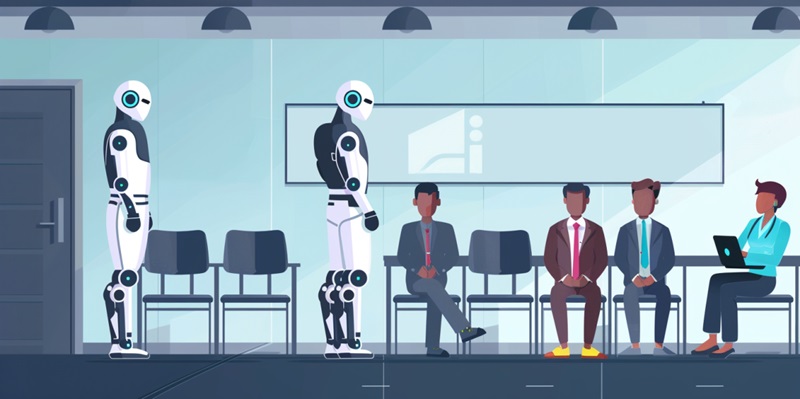In a business climate where technology evolves at breakneck speed, employers are recalibrating the weight given to traditional educational credentials versus practical tech skills. A pivotal example of this shift is evident in the realm of artificial intelligence, particularly with technologies like ChatGPT. A recent survey from Intelligent.com, incorporating insights from 800 business leaders across the United States, has highlighted a burgeoning pivot in hiring preferences, favoring hands-on experience with advanced AI over formal academic qualifications, especially for entry-level jobs.
The Evolving Hiring Landscape
The survey’s data is telling: a near-majority, 49%, of business leaders believe that familiarity with ChatGPT could be more advantageous than a traditional college degree for certain positions. This sentiment is echoed by the majority of surveyed leaders, with 80% valuing experience with this AI technology. Entry-level employees with ChatGPT know-how are perceived as being equipped with the tools for creative problem-solving and innovative contributions, a treasured asset for any forward-thinking company. The change also suggests a fresh paradigm where self-initiated learning, illustrated by 84% of leaders who tout the significance of self-learning AI technologies, is highly esteemed.
Implications for Aspiring Professionals
As tech developments surge, there’s a notable shift in hiring practices. Traditional degrees are taking a backseat to practical abilities, especially in artificial intelligence sectors like ChatGPT. A survey by Intelligent.com, which took into account the perspectives of 800 U.S. business leaders, underscores this trend. Employers are increasingly emphasizing hands-on AI expertise for entry-level positions over higher education credentials. This change signals a new era in the job market, where experience with cutting-edge AI can be a critical advantage for candidates seeking to break into the industry. The preference for actual skill application in the fast-evolving tech landscape is reshaping how companies view potential hires, ultimately seeking individuals who can immediately contribute with their technical know-how.

